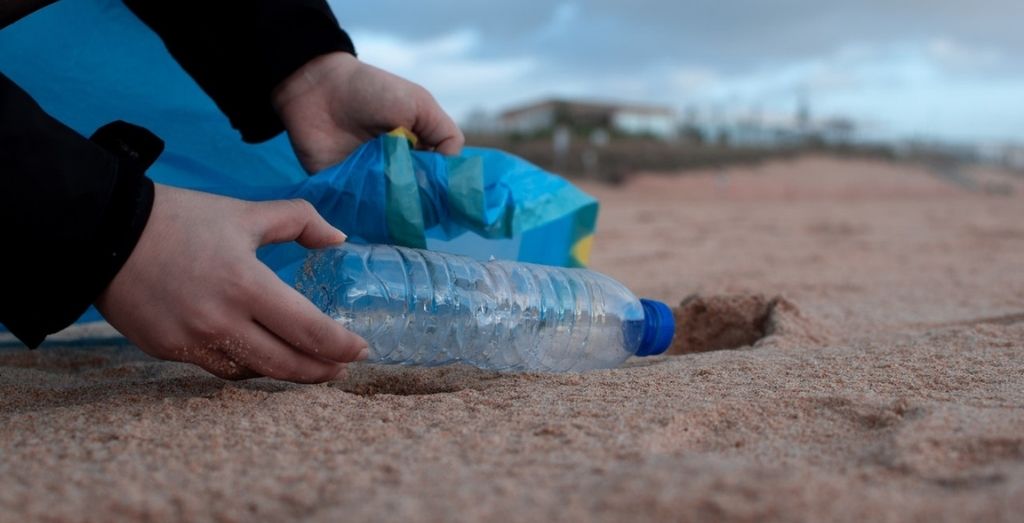Hotter and colder days are coming. The continuous rise in global temperature causes climate change. Livestock production, urbanisation, mining, and overlogging of trees are some of the human activities to blame. However, did you know that waste management is also a problem that contributes to climate change?
Importance of Waste Management
Waste management deals with collecting, transporting, treating, and disposing of solid and liquid wastes. With the increasing population and demands for human necessities, waste treatment strategies are crucial for a sustainable, healthy, and inclusive community.
Landfills, which is the most known waste disposal treatment, are posing detrimental effects on the environment. Aside from taking up too much land space, decaying rubbish items release greenhouse gases. It traps heat in the atmosphere, which eventually leads to climate change.
Waste Management Problems That Lead to Climate Change
Since humans have necessities, we tend to accumulate waste. But, the world contributes 2.01 billion tonnes of municipal waste each year, and at least 33% of them are not managed and disposed of properly. People need to understand that improper waste disposal and climate change are connected. So to guide you, here are some of the waste management problems that lead to climate change:
High Landfilling Rate
As mentioned earlier, the decaying of wastes from landfills releases greenhouse gases. In particular, food waste emits methane gas, which is 28 times more potent than carbon dioxide. Moreover, as rainfall pours over open dumpsites, the organic and inorganic components of the rubbish can form toxic chemicals leaching into groundwater. It can contaminate local water of nearby communities. Thus, proper waste management and risk assessment are the keys to the use of landfills.
Moreover, we need to support the authorities’ call to reduce rubbish items. Going for eco-friendly methods such as the use of tumblers, eco-bags, metal straws will not harm us. But they will provide a sustainable environment and less waste generation per household.
Trivialising Recycling
Recycling significantly impacts the drive to solve the depletion of natural resources. According to the NSW recycling statistics, the recycling rate for domestic waste alone was 47% for 2018-2019. However, it is still far from the 70% waste recovery goal for households.
We should not trivialise recycling as it can reduce the exploitation of forests. Here are some proofs that recycling materials can help:
- Each tonne of recycled paper saves 17 trees from a cut-down.
- Each tonne of recycled steel conserves 900kg of iron ores, 630kg of coal, and 54kg of limestones.
- Each tonne of recycled plastic saves 2,500L of oil, 5,700kW-h of energy, and 23 cubic metres of landfill space.
Littering Affects Marine Life
Littering throws away rubbish in a way that affects animals. More than 8 million tonnes of plastics are entering oceans each year. That results in the death of about a million seabirds and 100,000 sea mammals and fishes per year. Birds see plastics as edible materials as they look and smell like food for them.
Oceans are carbon sinks, meaning they absorb more carbon dioxide than releasing it. When littered items, especially plastics, kill marine life on a large scale, it can affect the balance of the ecosystem. Sunlight and heat cause the plastics to release harmful greenhouse gases that eventually lead to climate change. As the temperature increases, the rate of greenhouse gas emission will also speed up, leaving us in a loop when we don’t care for our litters.
Conclusion
The best practices in dealing with waste management problems are the classic 3Rs — reduce, reuse, and recycle. We should avoid landfills as much as possible since it has the most significant effects on climate change.
Presented with waste management problems that contribute to climate change, let us not increase our landfilling rate, trivialise recycling, and litter the streets and oceans. In this way, we can save our natural resources and help recover a greener environment.
Trusted Rubbish Removal Partner in Sydney
Paul’s Rubbish Removal is a rubbish removal company that can serve the residential, commercial, and industrial sector in Sydney. We have tailored our methods to prioritise recycling and divert waste as much as possible from landfills.
Our team of trained and professional removalists can eliminate all kinds of rubbish, no matter the type or size. We always make sure to follow the waste management guidelines of the local council to ensure environment-friendly rubbish removal services.
Are you having waste management problems? Don’t hesitate to contact us at 0407 125 125 or send us a message via email.







